Contents
ABOUT THE AUTHORS v
BRIEF CONTENTS vi
PREFACE vii
1 Mass Communication: A Critical Approach 3

The Evolution of Mass Communication 5
The Oral and Written Eras 6
The Print Era 6
The Electronic and Digital Eras 6
Media Convergence 9
CONVERGING MEDIA CASE STUDY Disney and Steve Jobs 10
Mass Media and the Process of Communication 11
The Evolution of a New Mass Medium 11
Debating Media’s Role in Everyday Life 12
 Agenda Setting and Gatekeeping 12
Agenda Setting and Gatekeeping 12
Media Literacy: Ways of Understanding 14
The Linear Model 14
The Cultural Model 15
The Social Scientific Model 16
A Closer Look at the Cultural Model: Surveying the Cultural Landscape 17
The “Culture as Skyscraper” Metaphor 17
The “Culture as Map” Metaphor 18
Tracing Changes in Values 18
A Closer Look at the Social Scientific Model: Gathering Data 20
Comparing Analyses of Cancer News Coverage 20
Gathering and Analyzing Data 21
Critiquing Media 21
Evaluating Cultural and Social Scientific Research 21
MEDIA LITERACY CASE STUDY Bedouins, Camels, Transistors, and Coke 22
Conducting Our Own Critiques 24
THE CRITICAL PROCESS BEHIND MEDIA LITERACY 25
Benefits of a Critical Perspective 26
CHAPTER ESSENTIALS 28
 Online Resources 31
Online Resources 31
2 Books and the Power of Print 33

The Early History of Books: From Papyrus to Paperbacks 35
Papyrus, Parchment, and Codex: The Development Stage of Books 35
Writing and Printing Innovations: Books Enter the Entrepreneurial Stage 36
The Printing Press and the Publishing Industry: Books Become a Mass Medium 38
The Evolution of Modern Publishing 40
Early Publishing Houses 40
The Conglomerates 41
The Structure of Publishing Houses 42
Types of Books: Tradition Meets Technology 43
Print Books 43
Electronic and Digital Publishing 46
 Books in the New Millennium 46
Books in the New Millennium 46
The Economics of the Book Industry 47
Money In 47
CONVERGING MEDIA CASE STUDY Self-Publishing Gets Redefined 49
Money Out 51
 Based On: Making Books into Movies 51
Based On: Making Books into Movies 51
Books in a Democratic Society 52
MEDIA LITERACY CASE STUDY Banned Books and “Family Values” 53
Censorship 54
Books and Community 54
Physical Deterioration 55
CHAPTER ESSENTIALS 56
 Online Resources 59
Online Resources 59
3 Newspapers: The Rise and Decline of Modern Journalism 61
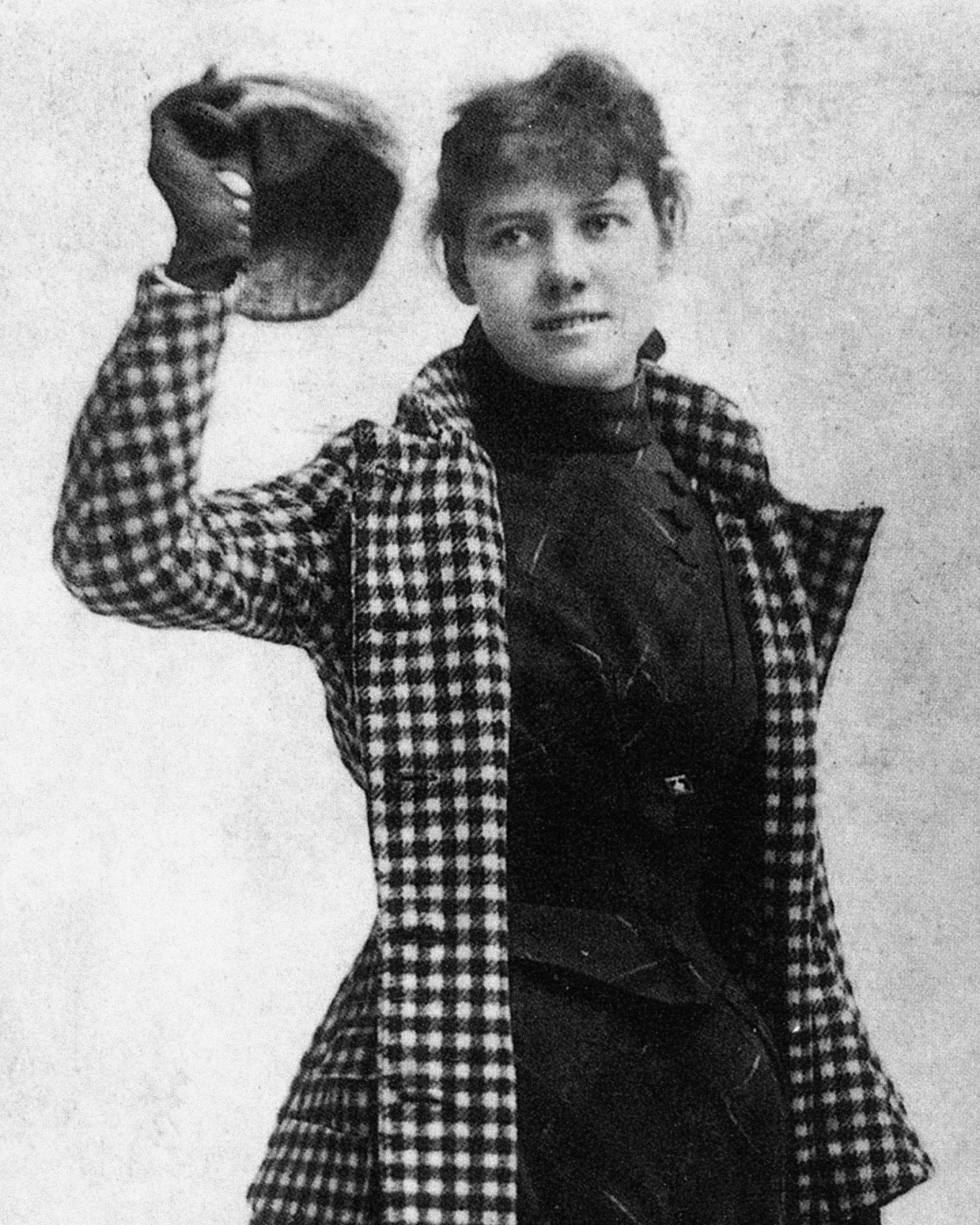
The Early History of American Newspapers 63
Colonial Newspapers and the Partisan Press 64
The Penny Press: Becoming a Mass Medium 65
Yellow Journalism 68
The Evolution of Newspapers: Competing Models of Modern Print Journalism 69
“Objectivity” in Modern Journalism 70
Interpretive Journalism 71
MEDIA LITERACY CASE STUDY Covering Business News 72
Literary Journalism 74
Journalism in the Technology Age 74
Categorizing News and U.S. Newspapers 76
Small Local Papers: Focus on Consensus 76
 Community Voices: Weekly Newspapers 76
Community Voices: Weekly Newspapers 76
Regional and National Newspapers: Focus on Conflict 76
Ethnic and Minority Newspapers 76
The Underground Press 79
The Economics of Newspapers 79
Money In 81
Money Out 81
Challenges Facing Newspapers 83
Declining Readership 83
Decreasing Competition 83
Joint Operating Agreements 84
Newspaper Chains 84
Going Digital 85
 Newspapers and the Internet: Convergence 85
Newspapers and the Internet: Convergence 85
CONVERGING MEDIA CASE STUDY News Aggregation 86
Blogs 87
Citizen Journalism 88
Newspapers in a Democratic Society 89
CHAPTER ESSENTIALS 90
 Online Resources 93
Online Resources 93
4 Magazines in the Age of Specialization 95

The Early History of Magazines 97
The First Magazines: European Origins 97
Magazines in Eighteenth-Century America: The Voices of Revolution 98
Magazines in Nineteenth-Century America: Specialization and General Interest 98
Going National as the Twentieth Century Approaches 99
The Evolution of Modern American Magazines 100
Distribution and Production Costs Plummet 100
Muckrakers Expose Social Ills 101
General-Interest Magazines Hit Their Stride 102
General-Interest Magazines Decline 103
MEDIA LITERACY CASE STUDY The Evolution of Photojournalism 104
Types of Magazines: Domination of Specialization 107
Men’s and Women’s Magazines 108
 Magazine Specialization Today 108
Magazine Specialization Today 108
Entertainment, Leisure, and Sports Magazines 108
Age-Specific Magazines 109
Elite Magazines 110
Minority Magazines 111
Trade Magazines 111
Alternative Magazines 112
Supermarket Tabloids 112
Online Magazines 113
 Narrowcasting in Magazines 113
Narrowcasting in Magazines 113
CONVERGING MEDIA CASE STUDY Print, Web, and Synergy 114
The Economics of Magazines 115
Money In 115
Money Out 117
Major Magazine Chains 118
Magazines in a Democratic Society 119
CHAPTER ESSENTIALS 122
 Online Resources 125
Online Resources 125
5 Sound Recording and Popular Music 127

The Early History and Evolution of Sound Recording 129
From Cylinders to Disks: Sound Recording Becomes a Mass Medium 129
From Records to Tapes to CDs: Analog Goes Digital 131
From CDs to MP3s: Sound Recording in the Internet Age 132
 Recording Music Today 132
Recording Music Today 132
Records and Radio: A Rocky Relationship 134
U.S. Popular Music and the Rise of Rock 135
The Rise of Pop Music 135
MEDIA LITERACY CASE STUDY The Rise of Digital Music 136
Rock and Roll Is Here to Stay 138
Rock Blurs Additional Boundaries 139
Rock and Roll Embattled 141
The Evolution of Pop Music 142
The British Are Coming! 143
Motown: The Home of Soul 144
Folk and Psychedelic: Protest and Drugs 144
Punk, Grunge, and Alternative Rock: New Genres on the Horizon 145
Hip-Hop Redraws Musical Lines 147
The Country Road 148
The Economics of Sound Recording 149
CONVERGING MEDIA CASE STUDY 360 Degrees of Music 150
A Shifting Power Structure 151
Making and Spending Money 152
 Alternative Strategies for Music Marketing 153
Alternative Strategies for Music Marketing 153
Sound Recording in a Democratic Society 155
CHAPTER ESSENTIALS 156
 Online Resources 159
Online Resources 159
6 Popular Radio and the Origins of Broadcasting 161

The Early History of Radio 163
Inventors Paving the Way: Morse, Maxwell, and Hertz 163
Innovators in Wireless: Marconi, Fessenden, and De Forest 164
Early Regulation of Wireless/Radio 166
The Networks 169
The Radio Act of 1927 171
The Golden Age of Radio 172
The Evolution of Radio 174
Transistors: Making Radio Portable 174
The FM Revolution 174
The Rise of Format Radio 175
The Characteristics of Contemporary Radio 176
Format Specialization 176
MEDIA LITERACY CASE STUDY Host: The Origins of Talk Radio 178
Nonprofit Radio and NPR 180
Radio Goes Digital 181
 Going Visual: Video, Radio, and the Web 181
Going Visual: Video, Radio, and the Web 181
The Economics of Commercial Radio 182
CONVERGING MEDIA CASE STUDY Streaming Music 183
Money In and Money Out 184
Buying Influence with Payola 184
 Radio: Yesterday, Today, and Tomorrow 184
Radio: Yesterday, Today, and Tomorrow 184
Radio Ownership: From Diversity to Consolidation 185
Radio in a Democratic Society 186
CHAPTER ESSENTIALS 188
 Online Resources 191
Online Resources 191
7 Movies and the Impact of Images 193

The Early History of Movies 195
Advances in Film Technology 195
Telling Stories: The Introduction of Narrative 198
The Arrival of Nickelodeons 199
The Evolution of the Hollywood Studio System 199
Edison’s Attempt to Control the Industry 200
A Closer Look at the Three Pillars 200
Hollywood’s Golden Age: The Development of Style 203
Narrative Technique in the Silent Era 203
Augmenting Images with Sound 204
Inside the Hollywood System: Setting the Standard for Narrative Style 205
Outside the Hollywood System: Providing Alternatives 207
MEDIA LITERACY CASE STUDY Breaking through Hollywood’s Race Barrier 208
The Transformation of the Hollywood Studio System 210
The Paramount Decision 211
Flight to the Suburbs 211
Television 211
Home Entertainment 212
The Economics of the Movie Business 213
Money In 213
Money Out 215
New Uncertainties in the Digital Age 216
CONVERGING MEDIA CASE STUDY Movie Theaters and Live Exhibition 217
The Movies in a Democratic Society 218
 More than a Movie: Social Issues and Film 218
More than a Movie: Social Issues and Film 218
CHAPTER ESSENTIALS 220
 Online Resources 223
Online Resources 223
8 Television, Cable, and Specialization in Visual Culture 225

The Early History of Television 227
Becoming a Mass Medium 228
Controlling TV Content 230
Staining TV’s Reputation 231
Introducing Cable 232
The Evolution of Network Programming 233
 Television Networks Evolve 233
Television Networks Evolve 233
Information: Network News 233
Entertainment: Comedy 233
Entertainment: Drama 235
Talk Shows and TV Newsmagazines 237
Reality TV 237
Public Television 237
 What Makes Public Television Public? 238
What Makes Public Television Public? 238
The Evolution of Cable Programming 238
Basic Cable 239
MEDIA LITERACY CASE STUDY The United Segments of America: Niche Marketing in Cable 240
Premium Cable 242
Regulatory Challenges Facing Television and Cable 243
Restricting Broadcast Networks’ Control 243
Reining in Cable’s Growth – for a While 244
Television in the Digital Age 246
Home Video and Recording 246
The Internet and Improved On-Demand Technology 247
CONVERGING MEDIA CASE STUDY Television Online 248
DBS 249
Cell Phones, Mobile Video, and WiMax 250
The Economics of Television and Cable 250
Money In 250
Money Out 253
Ownership and Consolidation 254
Television in a Democratic Society 256
CHAPTER ESSENTIALS 258
 Online Resources 261
Online Resources 261
9 The Internet and New Technologies: The Media Converge 263

The Early History of the Internet 265
Military Functions, Civic Roots 266
The Net Widens 268
The Evolution of the Internet: From Web 1.0 to Web 2.0 and Beyond 269
Web 1.0 270
Web 2.0 270
 The Rise of Social Media 271
The Rise of Social Media 271
Web 3.0 273
The Economics of the Internet 273
MEDIA LITERACY CASE STUDY Net Neutrality 274
Money In and Money Out 276
The Noncommercial Web 279
Security and Appropriateness on the Internet 280
Information Security: What’s Private? 280
Personal Safety: Online Predators 282
Appropriateness: What Should Be Online? 282
The Internet in a Democratic Society 282
CONVERGING MEDIA CASE STUDY Fragmentation, Polarization, and Convergence 283
Access: Closing the Digital Divide 284
Ownership and Customization 284
 Net Neutrality 285
Net Neutrality 285
CHAPTER ESSENTIALS 286
 Online Resources 289
Online Resources 289
10 Electronic Gaming and the Media Playground 291

The Early History of Electronic Gaming 293
Mechanical Gaming 293
The First Video Games 294
The Evolution of Electronic Gaming 296
Arcades and Classic Games 297
Consoles and Advancing Graphics 298
Computers and Related Gaming Formats 300
The Internet and Social Gaming 301
CONVERGING MEDIA CASE STUDY Consoles, Portables, and Entertainment Centers 305
The Media Playground 306
Communities of Play: Inside the Game 306
Communities of Play: Outside the Game 307
Immersion and Addiction 308
 Tablets, Technology, and the Classroom 308
Tablets, Technology, and the Classroom 308
The Economics of Electronic Gaming 309
Money In 310
Money Out 311
MEDIA LITERACY CASE STUDY Writing about Games 312
Electronic Gaming in a Democratic Society 314
Self-Regulation 314
Free Speech and Video Games 315
CHAPTER ESSENTIALS 316
 Online Resources 319
Online Resources 319
11 Advertising and Commercial Culture 321

The Early History of American Advertising: 1850s to 1950s 323
The First Advertising Agencies 324
Retail Stores: Giving Birth to Branding 324
Patent Medicines: Making Outrageous Claims 325
Department Stores: Fueling a Consumer Culture 326
Transforming American Society 326
Early Regulation of Advertising 327
The Evolution of U.S. Advertising: 1950s to Today 328
Visual Design Comes to the Fore 328
New Breeds of Advertising Agencies Are Born 329
Ad Agencies Develop a Distinctive Structure 330
The Internet Alters the Ad Landscape 333
 Advertising in the Digital Age 333
Advertising in the Digital Age 333
Persuasive Techniques in Contemporary Advertising 336
Using Conventional Persuasive Strategies 336
Associating Products with Values 337
MEDIA LITERACY CASE STUDY Idiots and Objects: Stereotyping in Advertising 338
Telling Stories 340
Placing Products in Media 341
Commercial Speech and Regulating Advertising 341
Targeting Children and Teens 342
 Advertising and Effects on Children 342
Advertising and Effects on Children 342
CONVERGING MEDIA CASE STUDY Naming Rights as Convergent Advertising 343
Triggering Anorexia and Overeating 344
Promoting Smoking 344
Promoting Drinking 345
Hawking Drugs Directly to Consumers 345
Monitoring the Advertising Industry 346
Advertising in a Democratic Society 347
CHAPTER ESSENTIALS 350
 Online Resources 353
Online Resources 353
12 Public Relations and Framing the Message 355
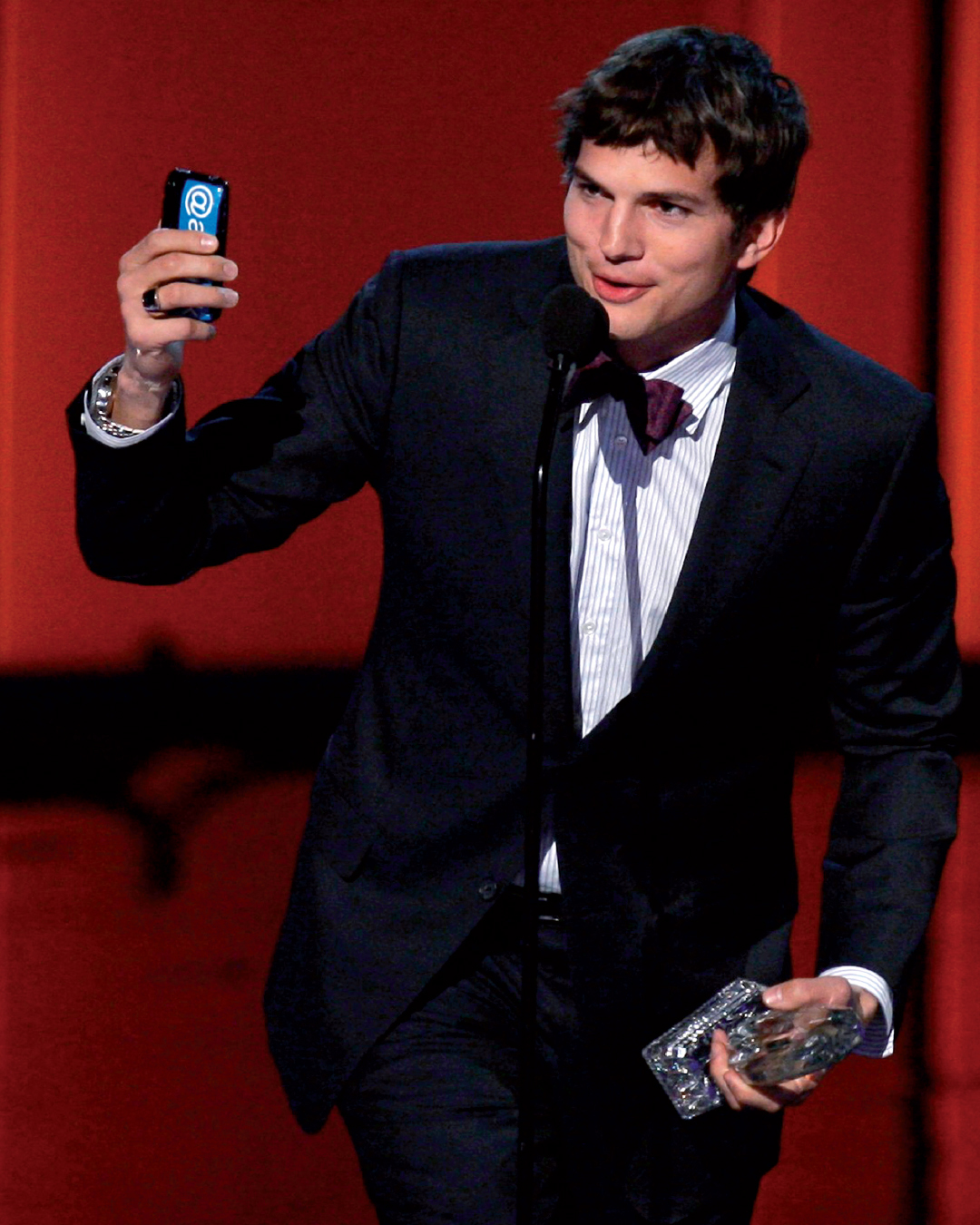
The Early History of Public Relations 358
Age of the Press Agent: P. T. Barnum and Buffalo Bill 359
Business Adopts Press Agent Methods 360
Professional Public Relations Emerges 360
The Evolution of Public Relations 362
PR Agencies and In-House PR Services 362
A Closer Look at Public-Relations Functions 364
CONVERGING MEDIA CASE STUDY YouTube and Wartime PR 365
MEDIA LITERACY CASE STUDY Improving the Credibility Gap 368
Tensions Between Public Relations and the Press 373
Elements of Interdependence 373
Journalists’ Skepticism about PR Practices 374
Shaping PR’s Image 374
Public Relations in a Democratic Society 376
CHAPTER ESSENTIALS 378
 Online Resources 381
Online Resources 381
13 The Culture of Journalism: Values, Ethics, and Democracy 383
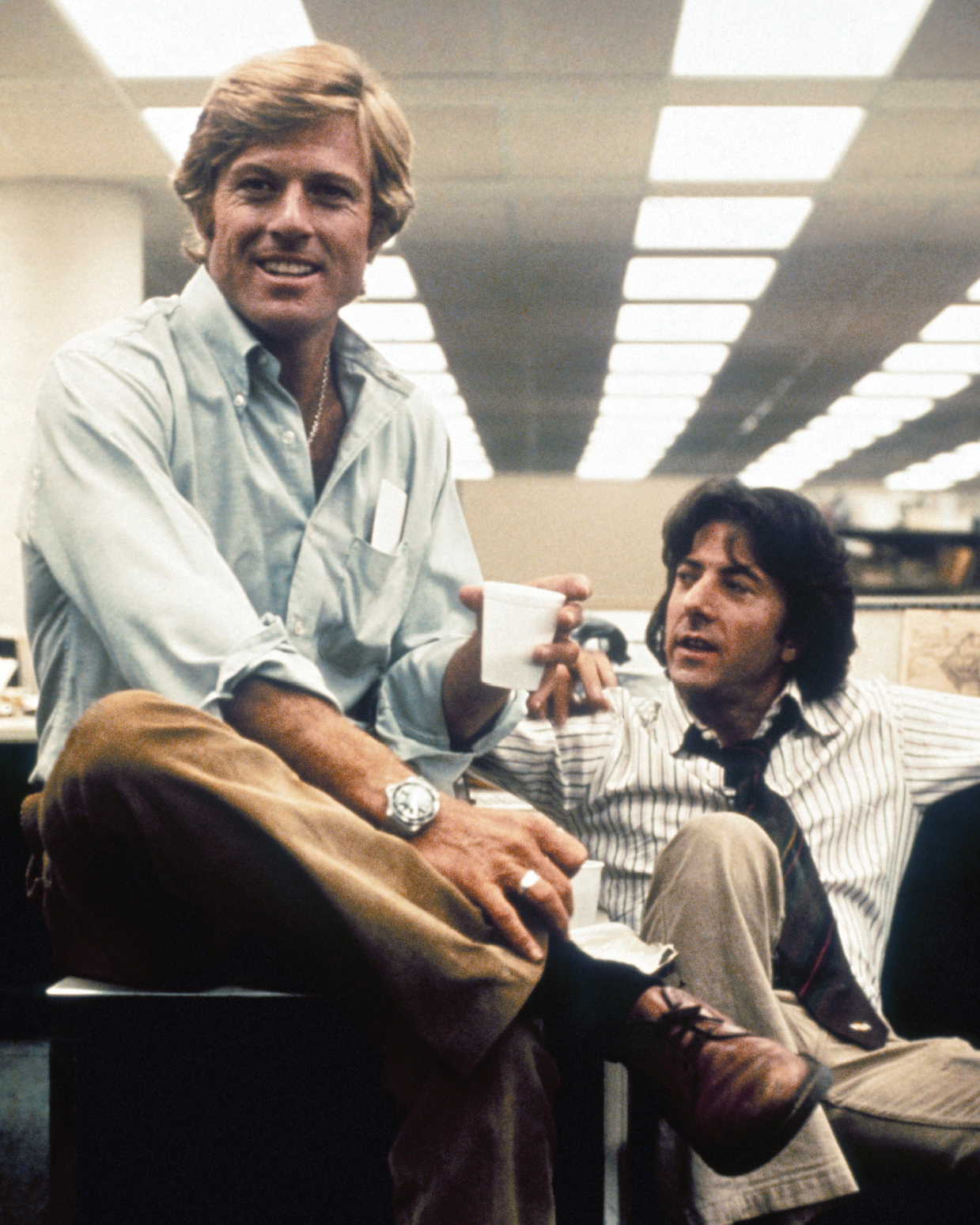
Modern Journalism in the Information Age 385
What Is News? 386
Values in American Journalism 387
 The Contemporary Journalist: Pundit or Reporter? 387
The Contemporary Journalist: Pundit or Reporter? 387
MEDIA LITERACY CASE STUDY Bias in the News 388
Ethics and the News Media 391
Ethical Predicaments 391
Resolving Ethical Dilemmas 393
Reporting Rituals 395
Focusing on the Present 395
Relying on Experts 397
Creating and Balancing Story Conflict 398
Acting as Adversaries 399
Journalism in the Age of TV and the Internet 399
Comparing Print, TV, and Internet News 400
Adapting to the Internet 401
The Power of Visual Language 402
CONVERGING MEDIA CASE STUDY Digital Camera Journalism 403
Alternative Models: Public Journalism and Fake News 404
Public Journalism 405
Fake News 406
 Fake News/Real News: A Fine Line 406
Fake News/Real News: A Fine Line 406
Journalism in a Democratic Society 407
CHAPTER ESSENTIALS 410
 Online Resources 413
Online Resources 413
14 Legal Controls and Freedom of Expression 415

The Origins of Free Expression and Free Press 417
A Closer Look at the First Amendment 418
Interpretations of Free Expression 419
The Evolution of Censorship 420
Unprotected Forms of Expression 422
MEDIA LITERACY CASE STUDY A False Wikipedia “Biography” 426
First Amendment versus Sixth Amendment 430
 Bloggers and Legal Rights 431
Bloggers and Legal Rights 431
The First Amendment and Film 431
Citizens and Lawmakers Control the Movies 431
The Movie Industry Regulates Itself 432
The First Amendment, Broadcasting, and the Internet 434
Two Pivotal Court Cases 434
Dirty Words, Indecent Speech, and Hefty Fines 435
Political Broadcasts and Equal Opportunity 436
CONVERGING MEDIA CASE STUDY Convergent Bullying 437
Fair Coverage of Controversial Issues 438
Communication Policy and the Internet 438
The First Amendment in a Democratic Society 439
CHAPTER ESSENTIALS 442
 Online Resources 445
Online Resources 445
15 Media Economics and the Global Marketplace 447
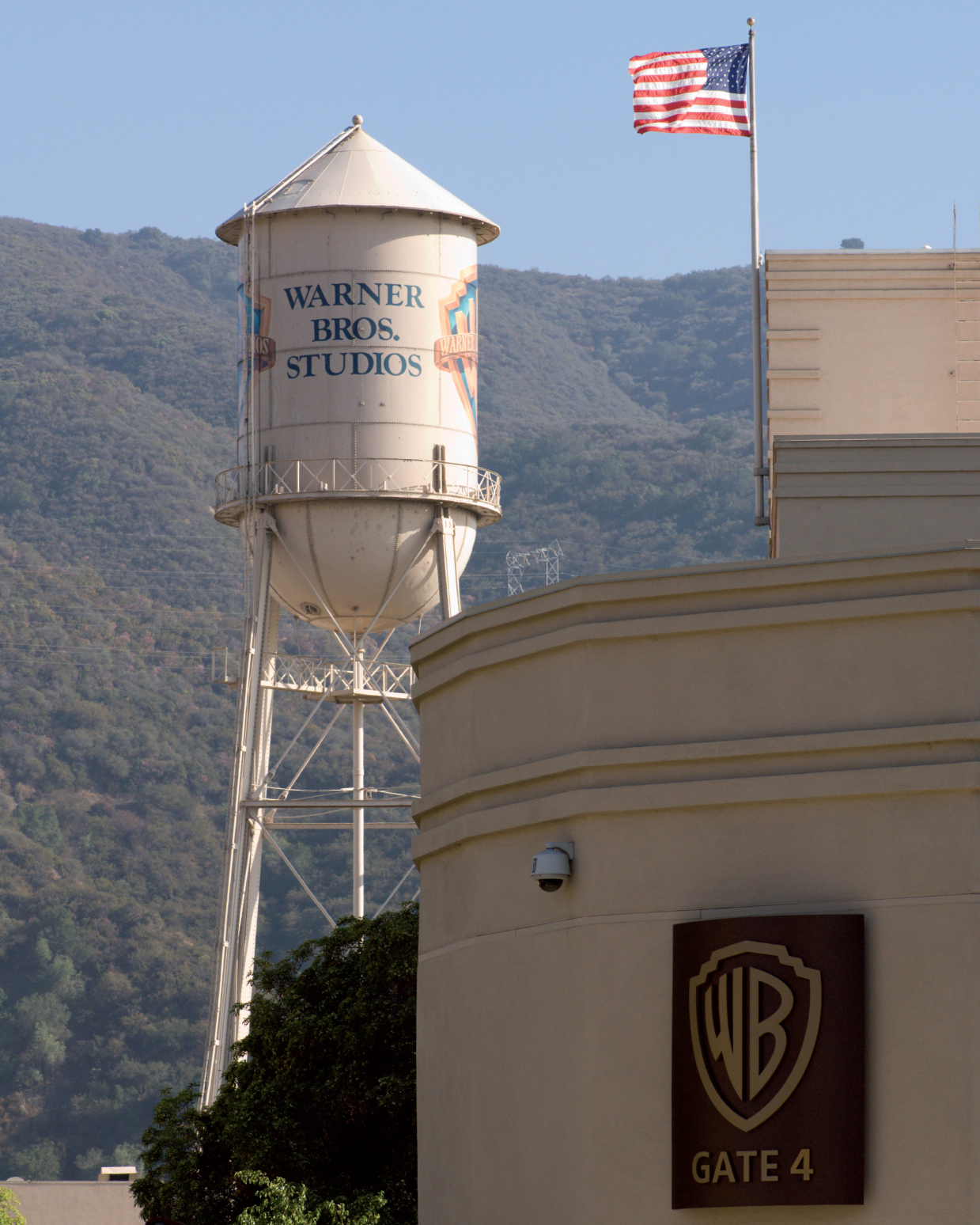
The Transition to an Information Economy 450
How Media Industries Are Structured 451
Deregulation Trumps Regulation 452
The Rise of Media Powerhouses 453
 The Impact of Media Ownership 454
The Impact of Media Ownership 454
Analyzing the Media Economy 454
CONVERGING MEDIA CASE STUDY Shifting Economics 455
How Media Companies Operate 456
How the Internet Is Changing the Game 457
Business Trends in Media Industries 458
The Age of Hegemony 459
Specialization and Global Markets 460
The Rise of Specialization and Synergy 461
Disney: A Postmodern Media Conglomerate 462
The Growth of Global Audiences 464
Social Issues in Media Economics 465
The Limits of Antitrust Laws 465
MEDIA LITERACY CASE STUDY From Fifty to a Few: The Most Dominant Media Corporations 466
A Vast Silence 468
Cultural Imperialism 469
The Media Marketplace in a Democratic Society 470
 The Power of Images: Amy Goodman on Emmett Till 471
The Power of Images: Amy Goodman on Emmett Till 471
CHAPTER ESSENTIALS 472
 Online Resources 475
Online Resources 475
16 Social Scientific and Cultural Approaches to Media Research 477
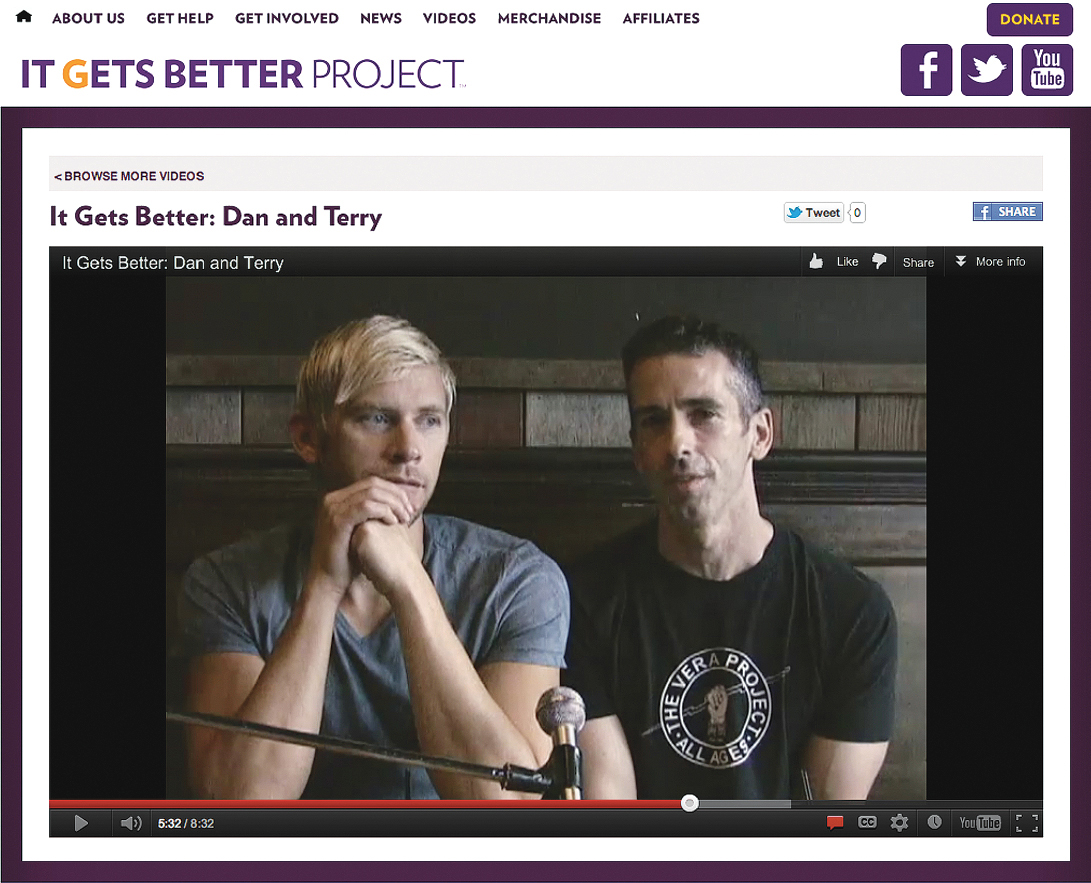
Early Media Research Methods 479
Propaganda Analysis 479
Public Opinion Research 480
Social Psychology Studies 480
MEDIA LITERACY CASE STUDY What to Do about Television Violence? 482
Marketing Research 484
Social Scientific Research 484
Early of Media Effects 484
Conducting Social Scientific Media Research 486
Contemporary Media-Effects Theories 489
 Media Effects Research 491
Media Effects Research 491
Evaluating Social Scientific Research 492
Cultural Approaches to Media Research 492
Early Developments in Cultural Studies Media Research 492
Contemporary Cultural Studies Approaches 493
CONVERGING MEDIA CASE STUDY Studying Digital Natives 494
Evaluating Cultural Studies Research 496
Media Research in a Democratic Society 496
CHAPTER ESSENTIALS 498
 Online Resources 501
Online Resources 501